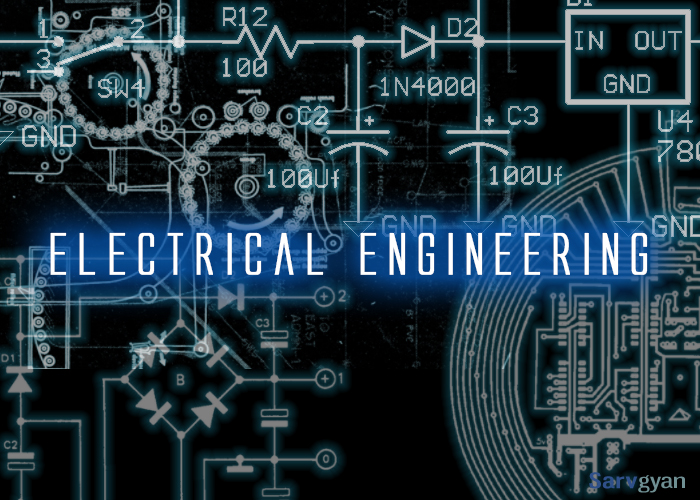WORLD OF ELECTRICAL ENGINEERS

In most countries, a bachelor's degree in engineering represents the first step towards professional certification and the degree program itself is certified by a professional body. After completing a certified degree program the engineer must satisfy a range of requirements (including work experience requirements) before being certified. Once certified the engineer is designated the title of Professional Engineer , Chartered Engineer or Incorporated Engineer , Chartered Professional Engineer or European Engineer .
The advantages of certification vary depending upon location. For example, in the United States and Canada "only a licensed engineer may seal engineering work for public and private clients". This requirement is enforced by state and provincial legislation such as Quebec's Engineers Act.In other countries, no such legislation exists. Practically all certifying bodies maintain a code of ethics that they expect all members to abide by or risk expulsion. In this way these organizations play an important role in maintaining ethical standards for the profession. Even in jurisdictions where certification has little or no legal bearing on work, engineers are subject to contract law. In cases where an engineer's work fails he or she may be subject to the tort of negligence and, in extreme cases, the charge of criminal negligence. An engineer's work must also comply with numerous other rules and regulations such as building codes and legislation pertaining to environmental law.
Professional bodies of note for electrical engineers include the Institute of Electrical and Electronics Engineers (IEEE) and the Institution of Engineering and Technology (IET). The IEEE claims to produce 30% of the world's literature in electrical engineering, has over 360,000 members worldwide and holds over 3,000 conferences annually.The IET publishes 21 journals, has a worldwide membership of over 150,000, and claims to be the largest professional engineering society in Europe. Obsolescence of technical skills is a serious concern for electrical engineers. Membership and participation in technical societies, regular reviews of periodicals in the field and a habit of continued learning are therefore essential to maintaining proficiency. An MIET(Member of the Institution of Engineering and Technology) is recognized in Europe as an Electrical and computer (technology) engineer.
In Australia, Canada, and the United States electrical engineers make up around 0.25% of the labor force